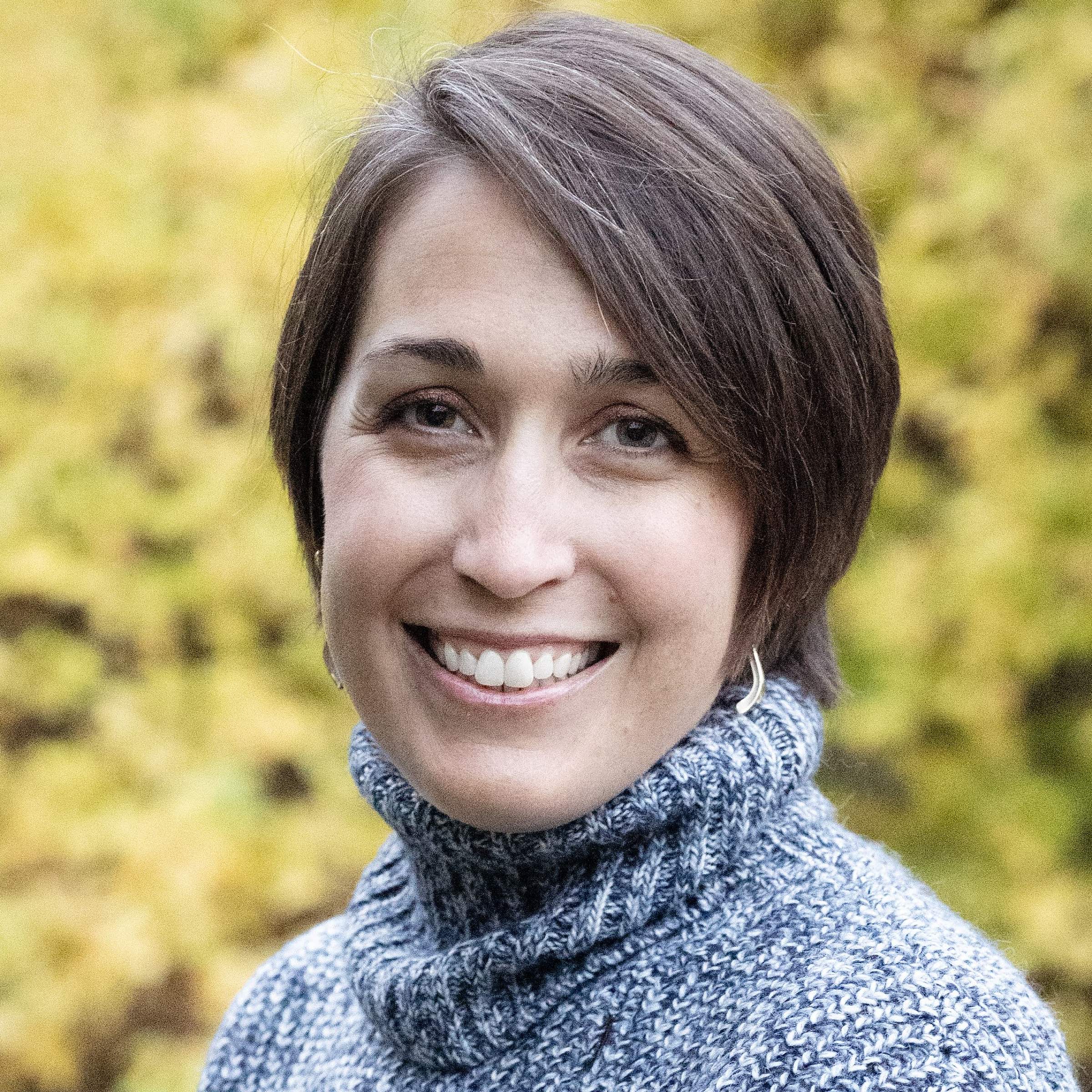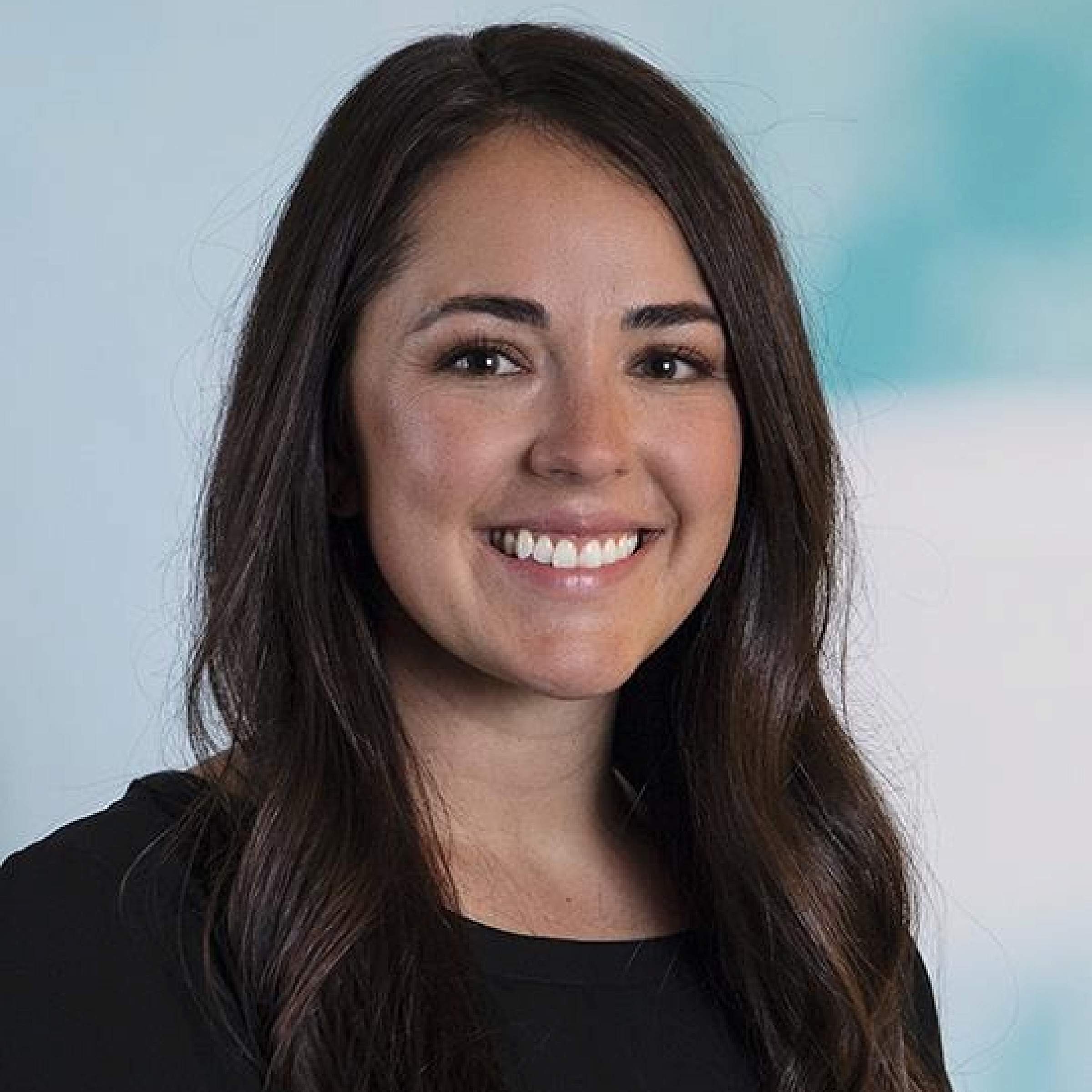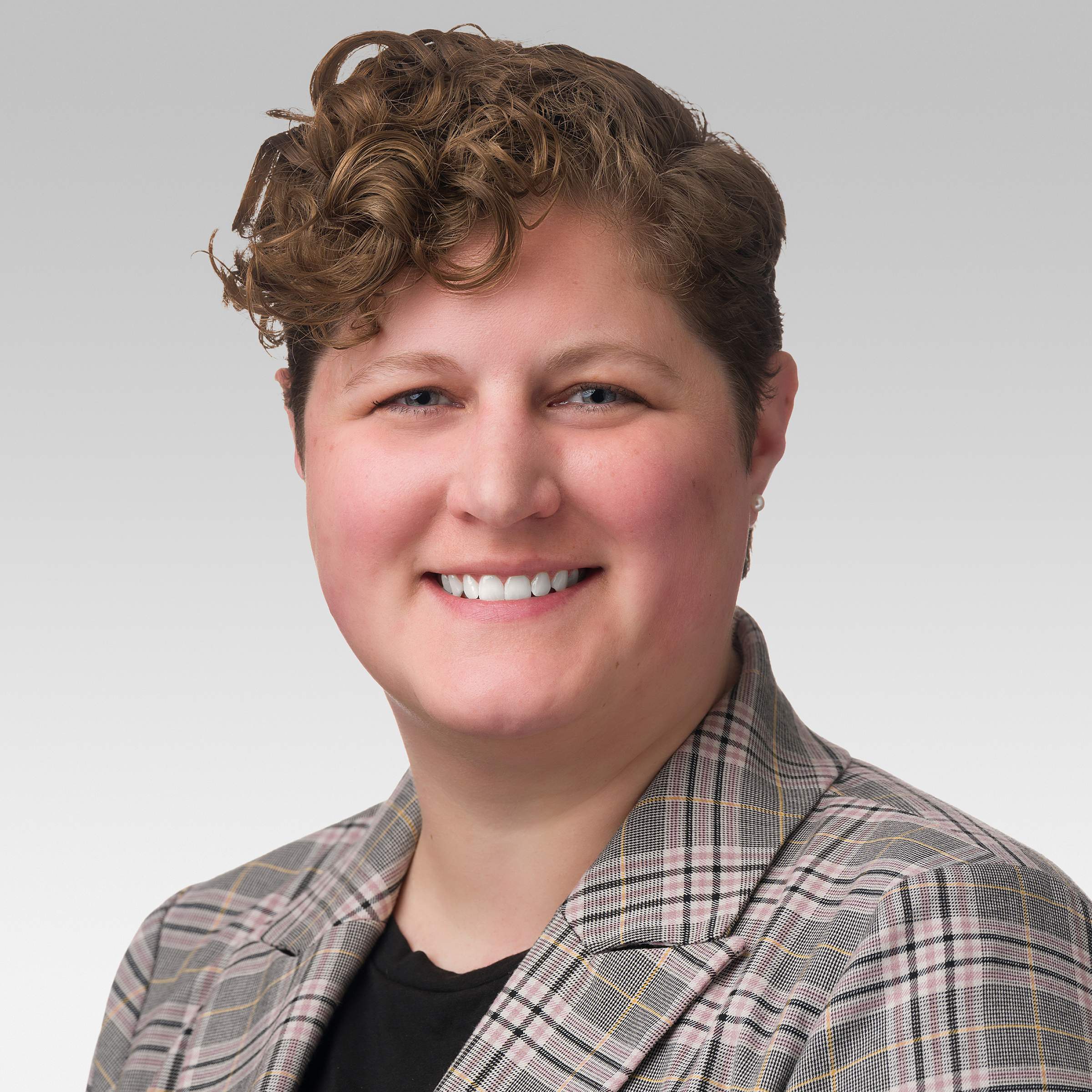

caregiving scholars
We have caregiving scholars across campus from the College of Nursing, College of Health, Spencer Fox Eccles School of Medicine, College of Social & Behavioral Science, College of Social Work, School of Business, and more!
Become a Caregiving Scholar and stay connected with the FCC by signing up to be on our Caregiving Scholar listserv!
Financial support for caregiving scholars
FCC provides funding opportunties (e.g., small grants, pilot grants, travel funds) to Caregiving Scholars at the University of Utah.
scholar Spotlight

Dr. Thomas Hebdon’s family caregiving research is very close to home. She has been a family caregiver for all three of her children with chronic health conditions in addition to aging family members. With these responsibilities, she has had intermittent workforce attachment, delayed career progression, and financial challenges. That is why she is so passionate about addressing sandwich caregiving, employment, and financial challenges for family caregivers through policy advocacy, tailored interventions, and non-traditional dissemination methods. Dr. Thomas Hebdon believes that addressing these issues directly impacts financial well-being, a key component in family caregiver well-being and flourishing.

Dr. Claire Miller is a pediatric oncologist and passionate about helping patients return to school to be reunited with friends, experience the joy of learning, and set goals for their futures. For many patients, returning to school is made difficult by newfound problems with thinking, learning, and remembering, also known as neurocognitive dysfunction. Our field has long blamed treatments such as radiation and specific chemotherapy agents but have held onto these treatments owing to the survival benefits they confer. Thus, there is a need to identify modifiable risk factors for neurocognitive dysfunction. Dr. Miller’s family caregiving research focuses on identifying modifiable risk factors within the family to support neurocognitive functioning in children treated for cancer. Specifically, she is investigating how caregivers differentially experience distress when their child is diagnosed with leukemia, and whether distress alters their use of parenting strategies that are associated with neurocognitive development. Dr. Miller’s hope is to utilize these findings to develop and implement interventions to minimize parental distress and bolster parenting behaviors to support neurocognitive functioning in children treated for cancer.

Dr. Jennifer Mundt is a sleep psychologist whose research focuses on hypersomnia disorders and parasomnias. These disorders can be chronic and have far-reaching impacts on both the patient and their families. Dr. Mundt is studying how these conditions impact family members and the ways family members help to care for patients with sleep disorders. She is also currently examining how behavioral sleep interventions provided to patients impact the sleep and quality of life of their partners.